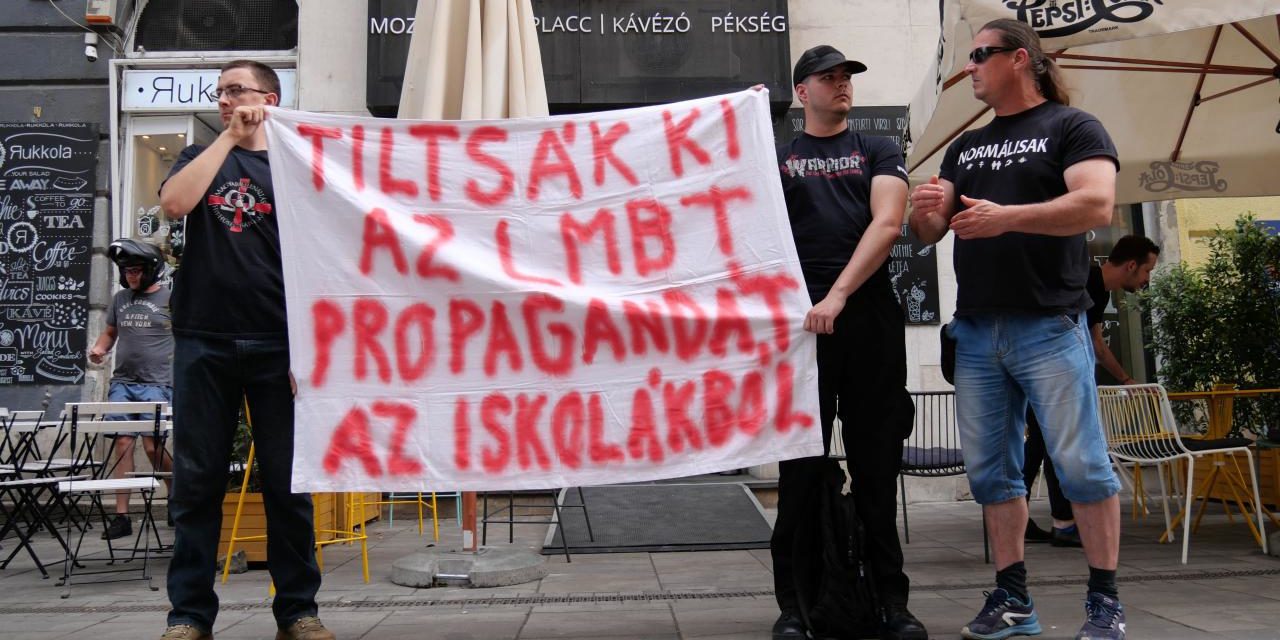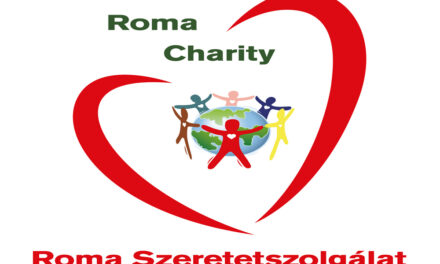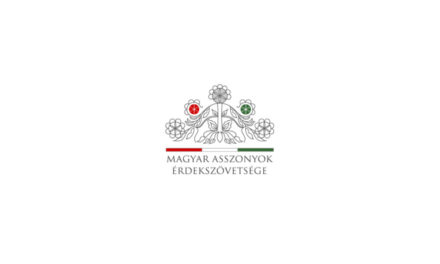The directive of the European Parliament and the Council on combating violence against women and domestic violence may soon be presented to the ministers sitting in the Council of the European Union (Council). The proposal is an attempt to legalize the elements of the vocabulary of gender ideology in all member states, CitizenGo informs.
The most problematic points of the directive are the following:
1. There is already a problem with the basic definitions, such as the extremely broad definition of "violence against women". According to the draft directive, violence against women includes "any act of violence that causes or may cause physical, sexual, psychological or economic harm or suffering", (...) "regardless of whether it takes place in public or in private". According to this, sharing any opinion that can cause psychological suffering to someone can be considered violence against women. Deciding this is highly subjective.
2. According to the directive, men can also belong to the women's group. The directive classifies a group of men, transgender women, as a group of women at increased risk of violence. This is what gender ideology calls men who think they are women.
"Lesbian, bisexual, transgender, non-binary, intersex and queer (LBTIQ) women, women with disabilities and women from racial or ethnic minorities are particularly at increased risk of gender-based violence."
It is natural to want to protect women and girls from violence and to criminalize the perpetrators. In addition, it is important that a measure aimed at protecting women and girls really focuses on their protection and does not include men in the category of women, thereby jeopardizing the women it was originally intended to protect.
Violence against women is an aggravating factor if it is combined with discrimination based on sexual orientation, gender identity or gender expression.
"Violence against women and relationship violence can be exacerbated if discrimination based on gender and other grounds prohibited by EU law - namely nationality, race, skin colour, ethnic or social origin, genetic characteristics, language, religion or belief, combined with discrimination based on political or other opinions, belonging to a national minority, financial status, birth, disability, age or sexual orientation, gender identity, gender expressions and biological sex characteristics*. Member States should therefore pay due attention to victims affected by such intersectional discrimination by taking specific measures when intersectional forms of discrimination are present. In particular, lesbian, bisexual, transgender, non-binary, intersex and queer (LBTIQ) women, women with disabilities and women from racial or ethnic minorities are at increased risk of gender-based violence.”
3. The goal of declaring gender-based online violence as a crime raises several problems.
"Member States shall ensure that the intentional commission of incitement to violence or hatred against a group of persons defined on the basis of biological sex or gender, or against a member of such a group, through the public dissemination of material containing such incitement by means of information and communication technologies."
Of course, all violence against LGBTQ+ individuals is wrong. However, in the Western world, the protection of values, the statement of biological truth, or the stand for Christian values are now easily evaluated as violence or incitement to hatred. Thus, the adoption of the directive in its current form could lead to anyone who describes that they do not accept the definitions of transgender ideology and speaks the basic truth about men and women, facing charges of gender-based online violence.
Caroline Farrow had such a traumatic experience this October, when she was arrested by the police in England on charges of online harassment without evidence. If this proposal becomes a binding EU directive, the treatment of Caroline could become more common in Europe. That the concern did not come from thin air is also shown by the fact that the proposal specifically mentions right-wing groups among the internet attackers of women, thereby embedding the use of the proposed legislation against them: "Women are systematically attacked on the internet by violent right-wing extremist groups and terrorist groups , which seek to spread hatred against them.”
4. The proposal is "in line" with the "LGBTIQ Equality Strategy 2020-2025". The goals of this strategy include, among others, the introduction of homophobia as an "EU crime", the legal recognition of homosexual relationships in all European countries, the introduction of gender education in schools, the improvement of recognition of transgender, intersex and non-binary identities, the inclusion of LGBTIQ aspects in all professional policies By the Commission, and the use of the recovery fund to support LGBTQ goals.
5. With the adoption of the directive, the sensitizing of the authorities to gender ideology would also begin in Hungary. The proposal specifies as a minimum rule for the member states "ensuring that national authorities treat victims in a gender-sensitive manner." In addition, competent authorities should receive guidelines on "how to deal with victims in a gender-sensitive manner". In the West, we have already seen many examples of the realization of this goal, which essentially means sensitization to gender ideology, from the training of police officers, prosecutors and judges, through the authority departments, to the placement of violent male offenders in women's prisons in shared cells with women.
It is natural to want to protect women and girls from violence and to criminalize the perpetrators. In addition, it is important that a measure aimed at protecting women and girls really focuses on their protection and does not include others in the category of women, thereby endangering the women it was originally intended to protect. If the EU's goal is really to protect women and girls, don't litter the document about it with the vocabulary of gender ideology, but work to ensure that European states and people can take on and realize this goal in unity, be they liberal, leftist or conservative.
CitizenGo launched a petition to ensure that Hungary, Justice Minister Judit Varga and the Hungarian EU representatives do not accept the so-called directive. You can join the petition here: https://citizengo.org/hu/pt/209628-mondunk-nemet-a-gender-ideologia-ujabb-trojai-falovara?dr=11940846::28a5b62b45d34b2445ab03efa6ee1366&utm_source=em&utm_medium=e-mail&utm_content=em_link3&utm_campaign =HU-2022-12-01-Global-FM-EZA-209628-sex_not_gender-Sex_not_gender.01_AA_Launch&mkt_tok=OTA3LU9EWS0wNTEAAAGIciTfemCjKiYGdxjnwMDqe4pPHFvFPv4UVZ0SxAoMt7V3EgqYJg6rSH9uZxzho3Kav4HkZdM-nw9XFfqyHDxKxfqyKfVgDGBw6bQsn
Source: CitizenGo
(Header image: Anti-gender propaganda)












